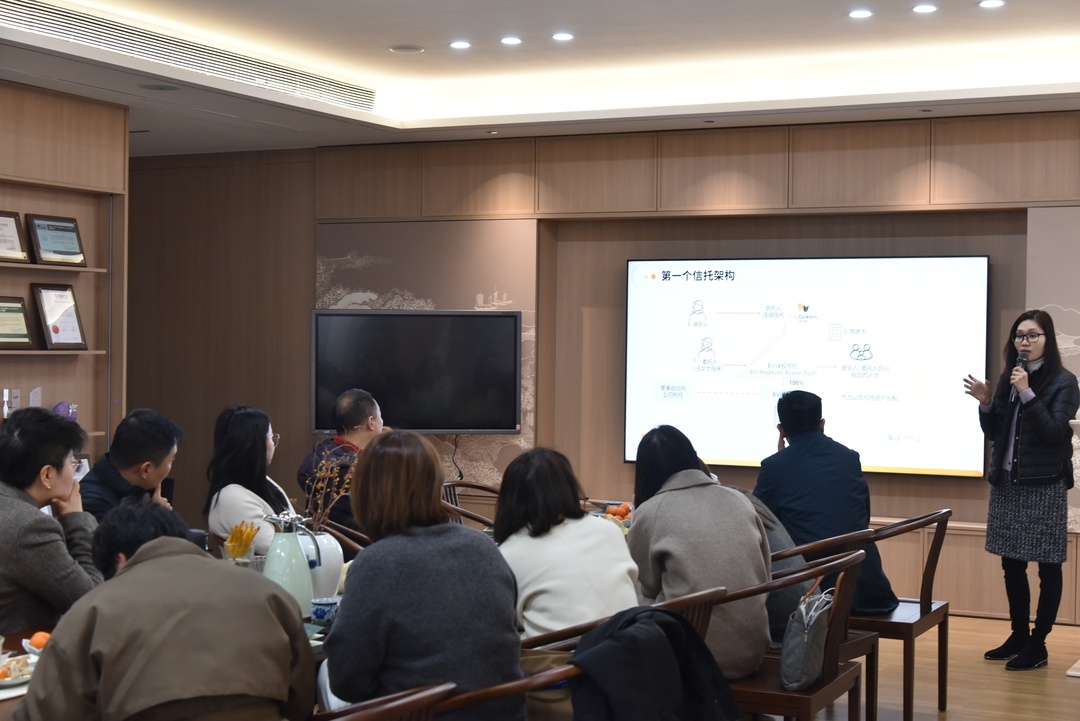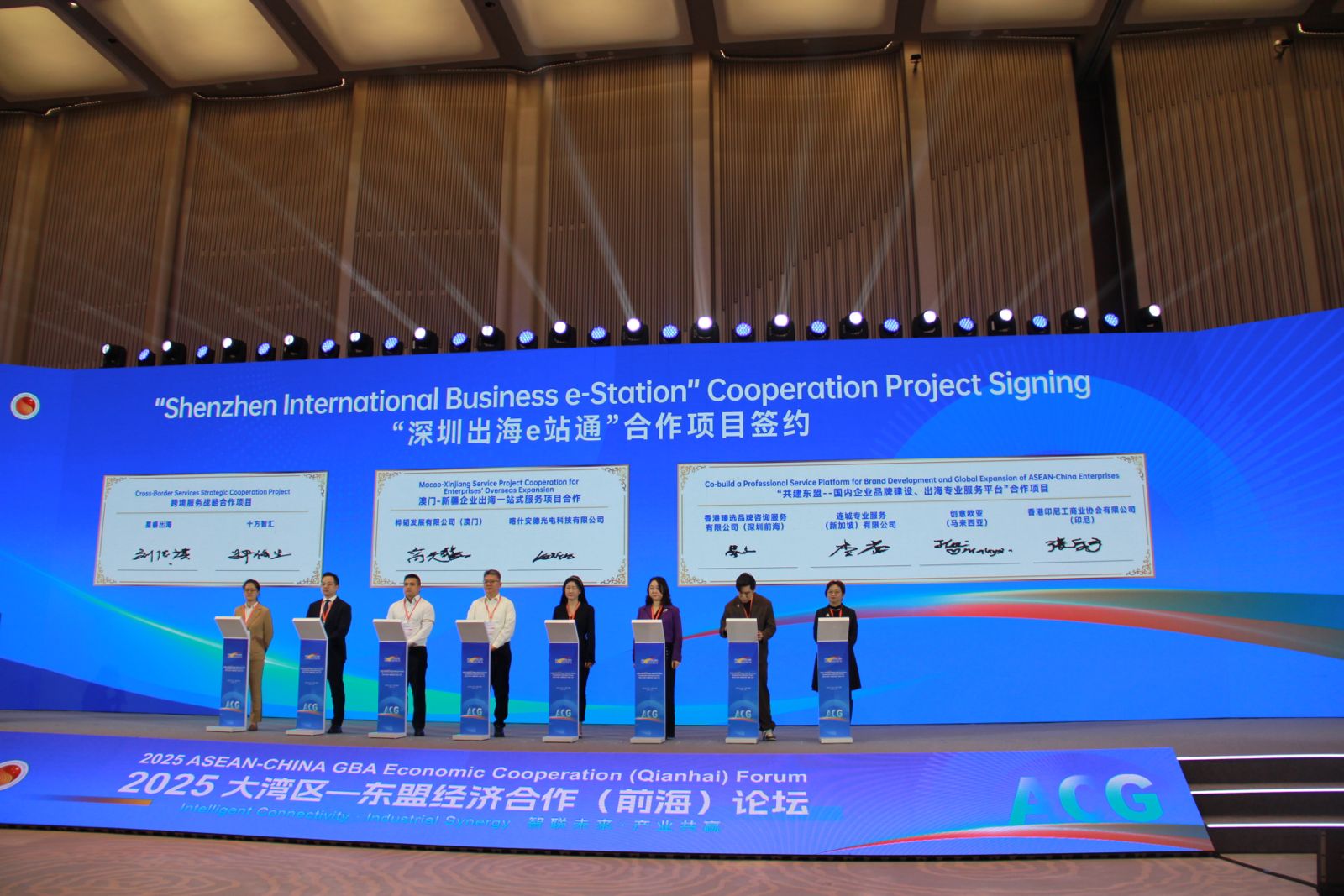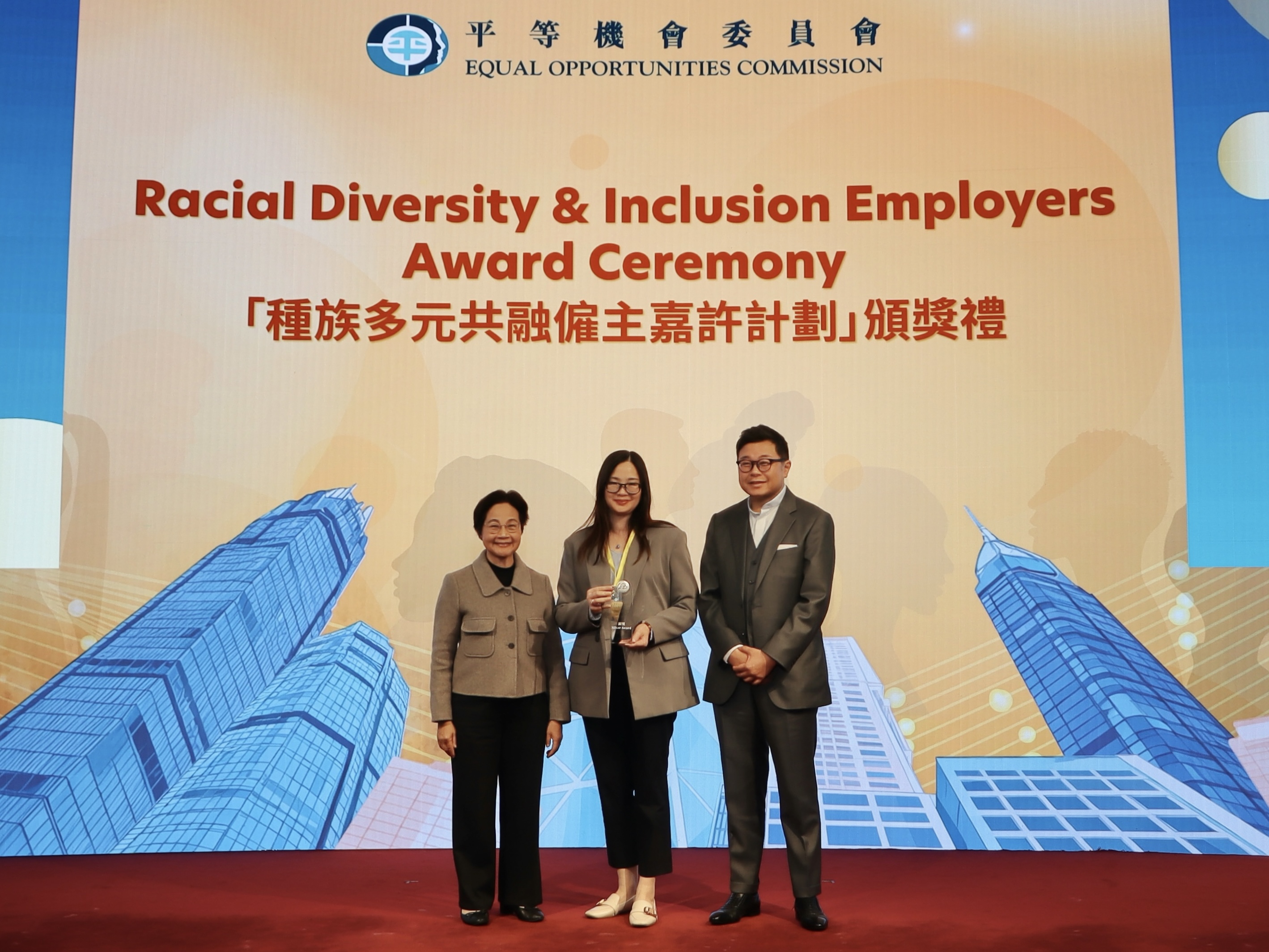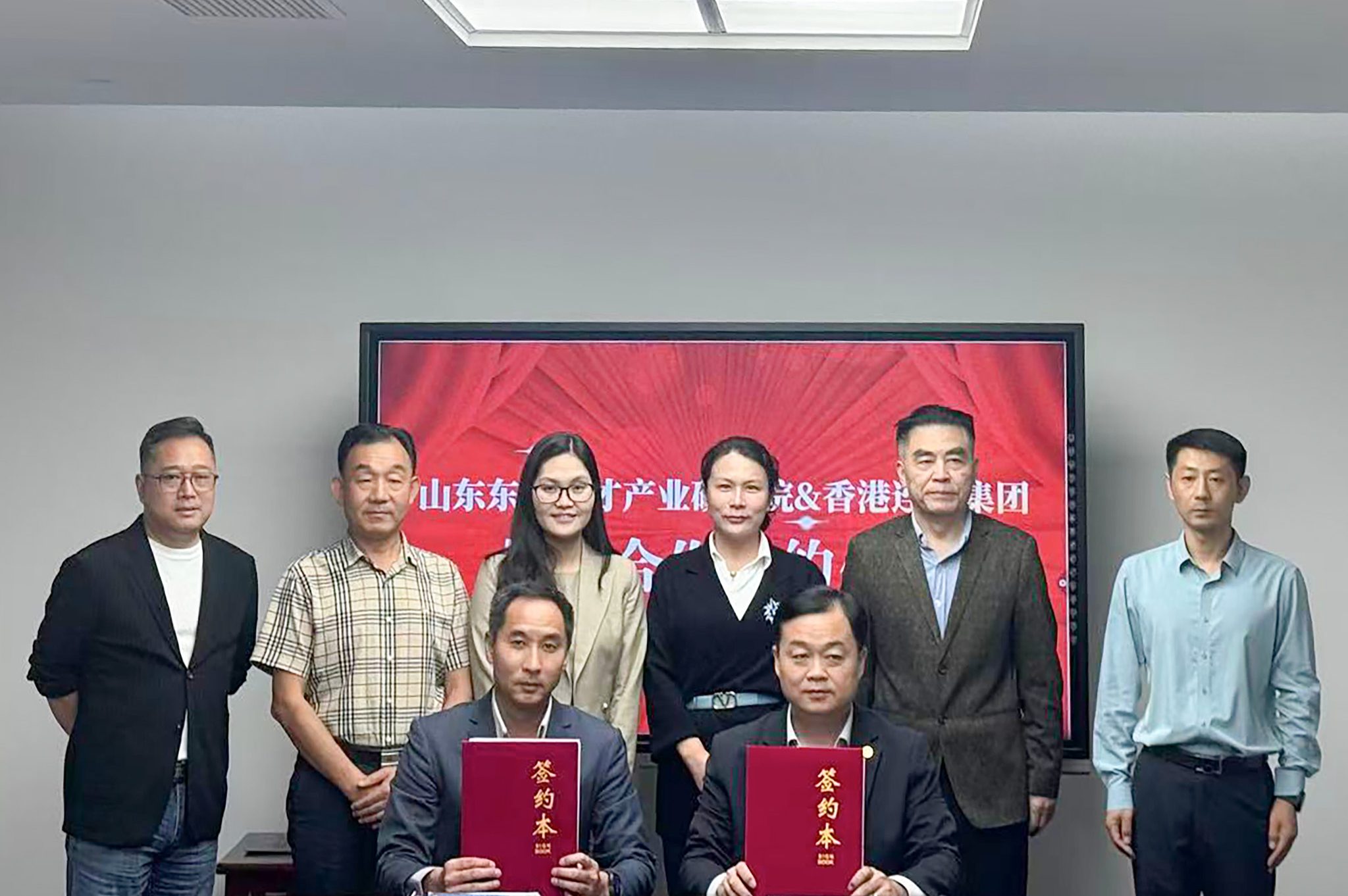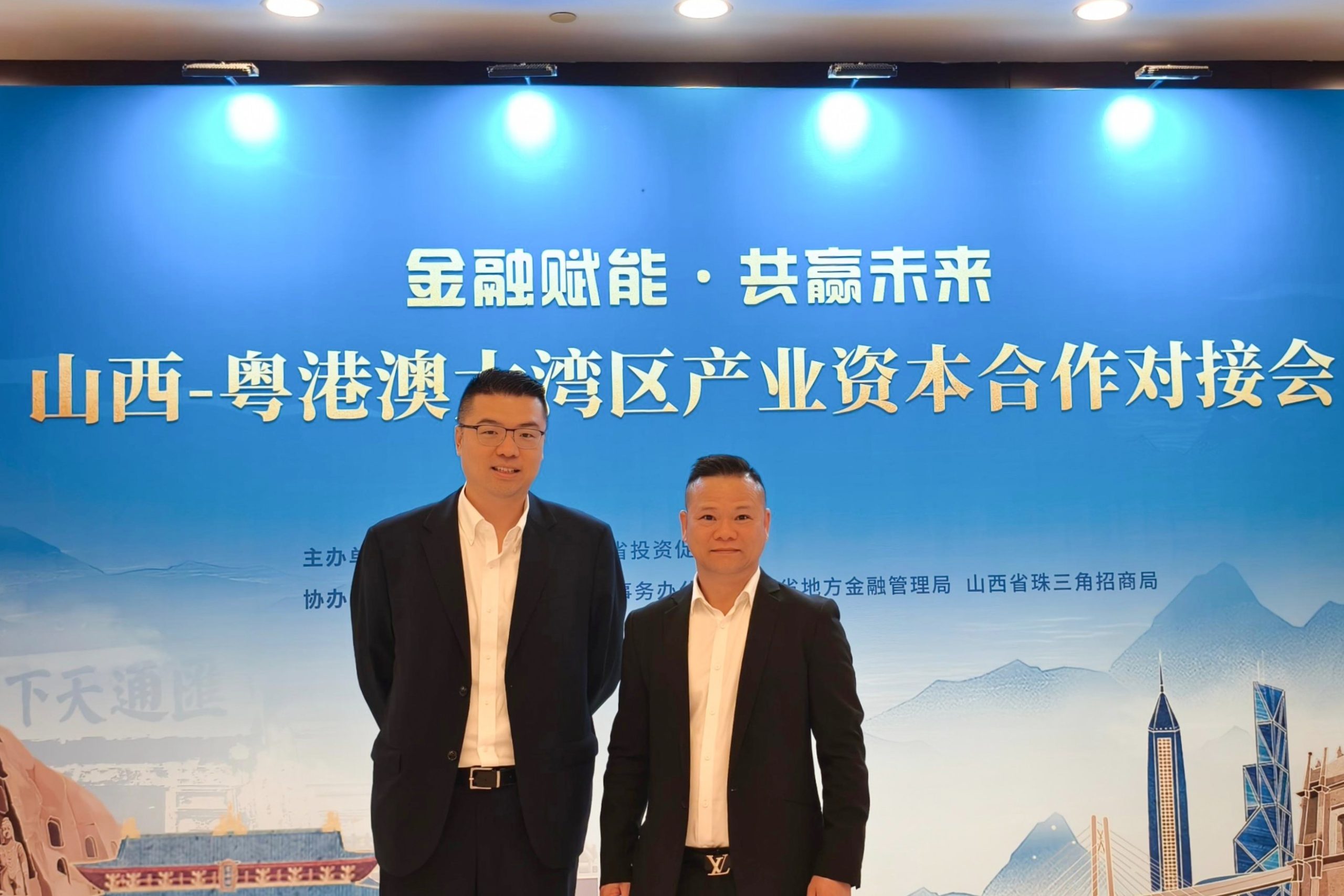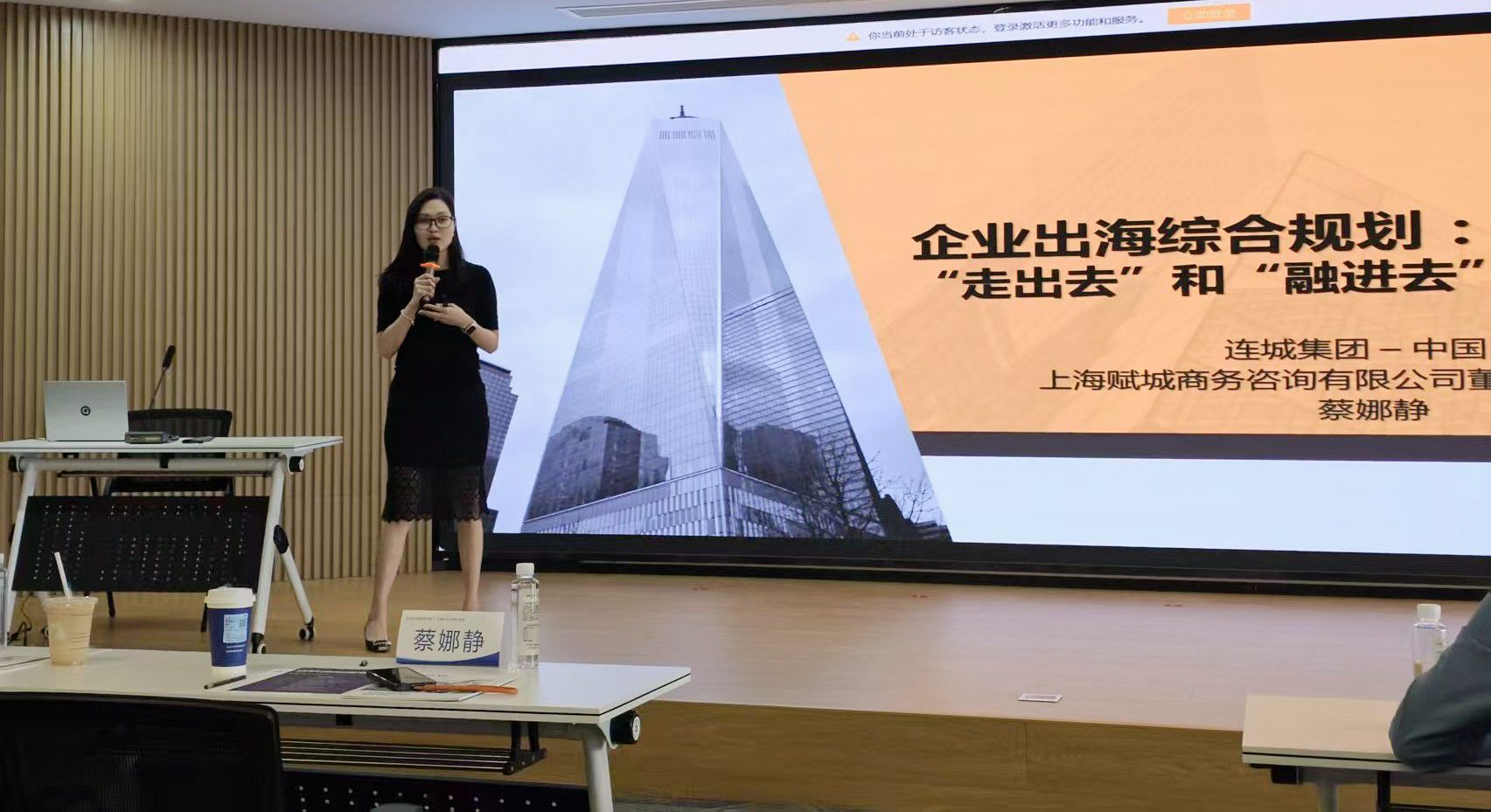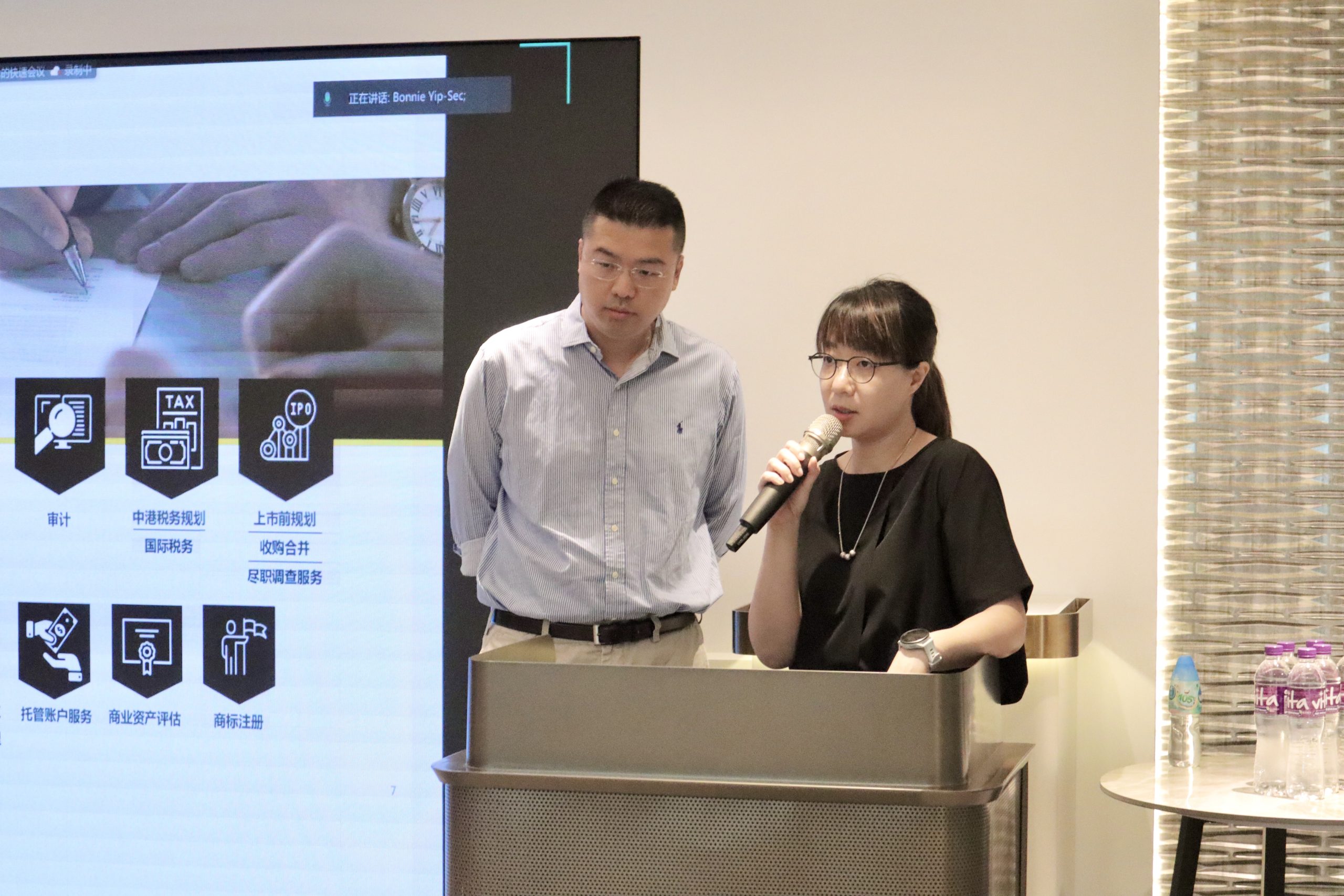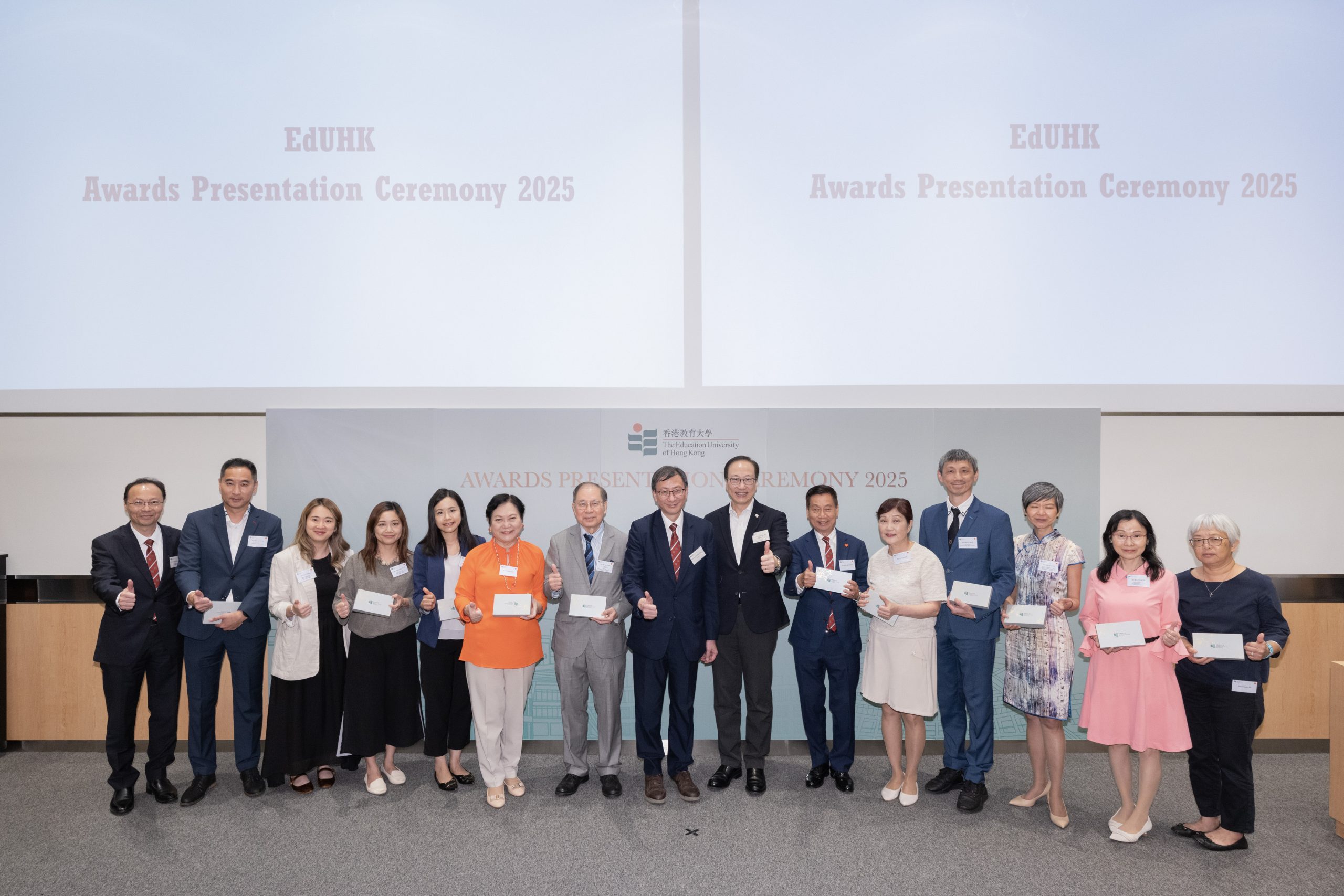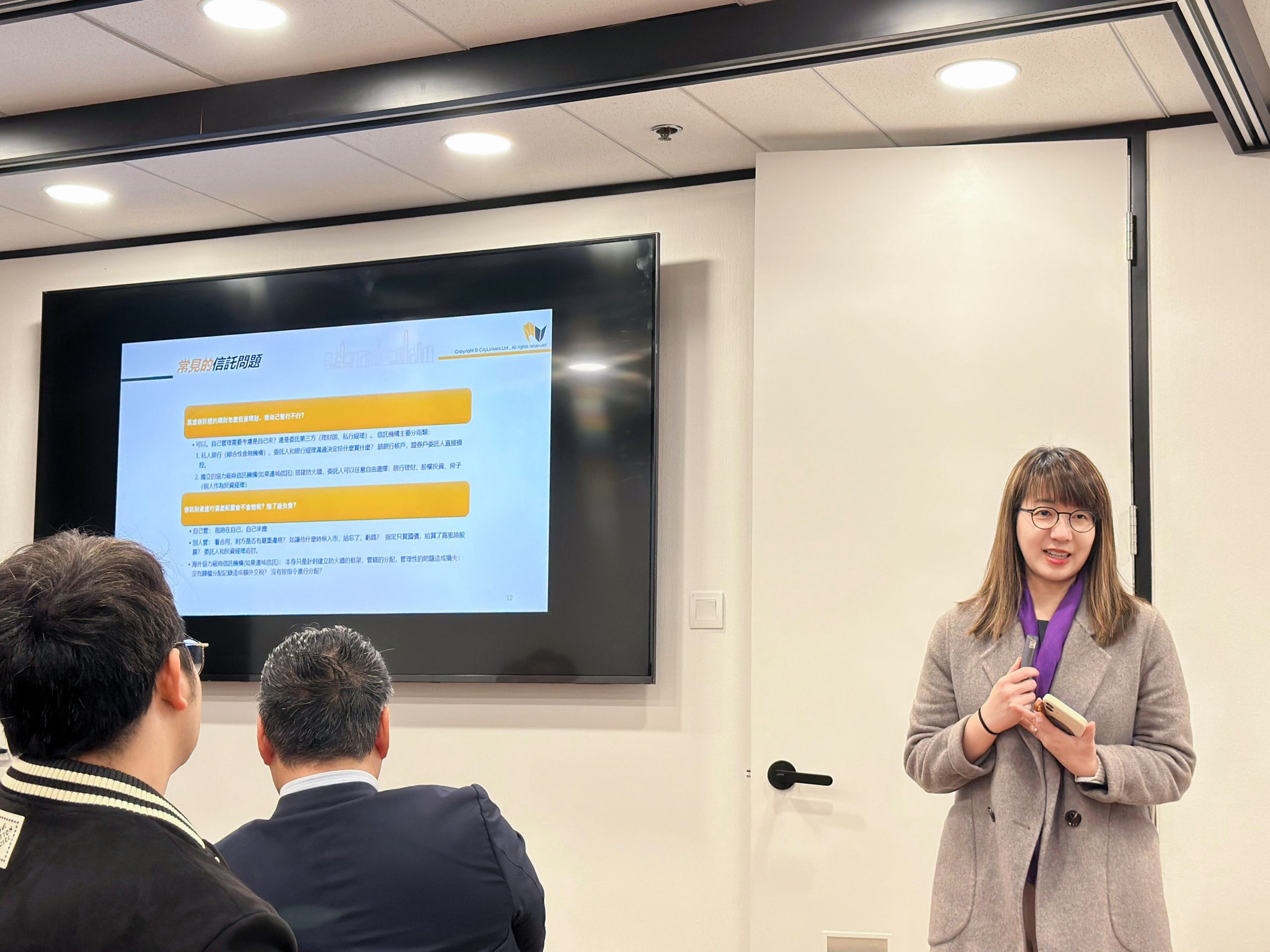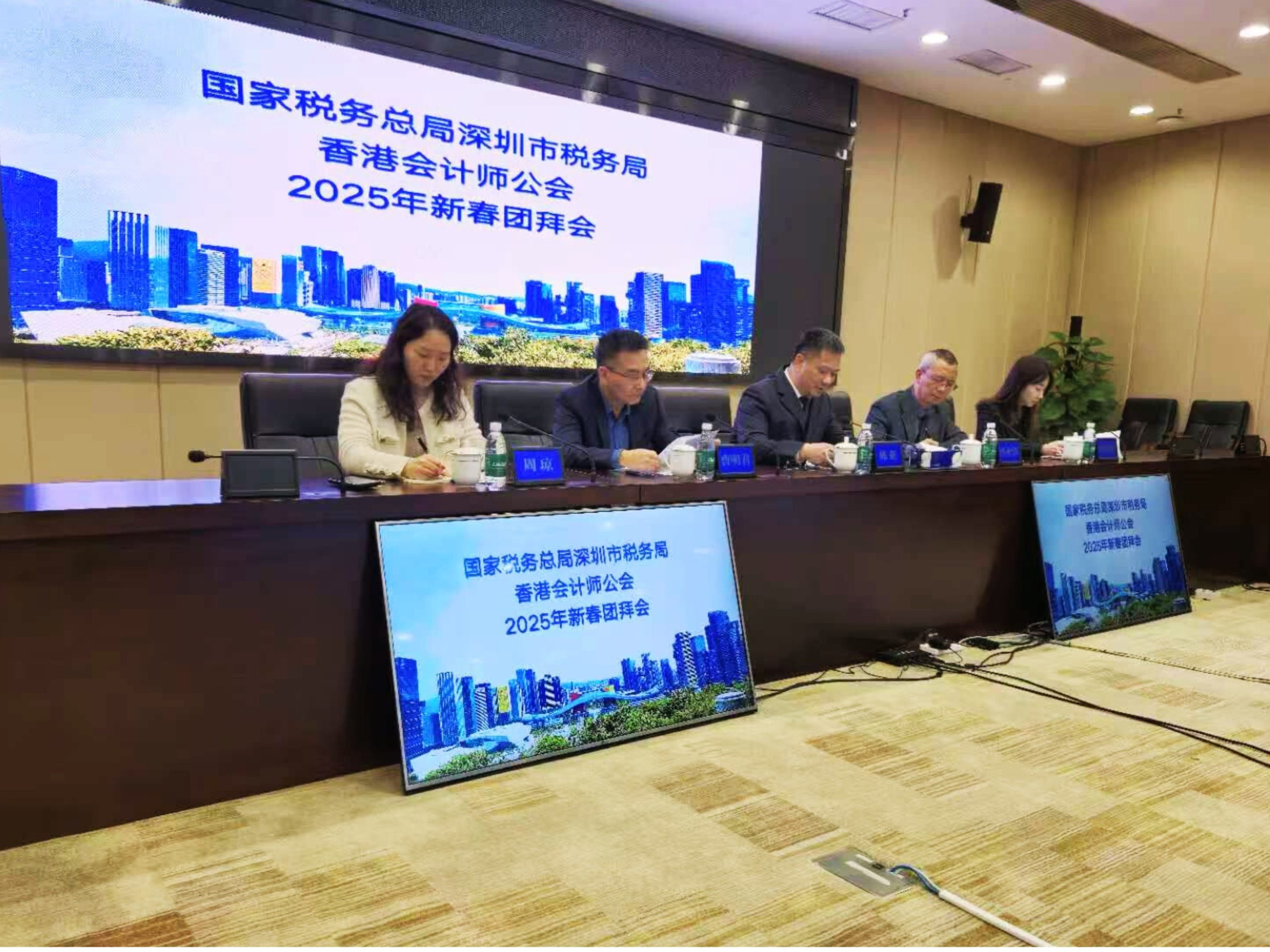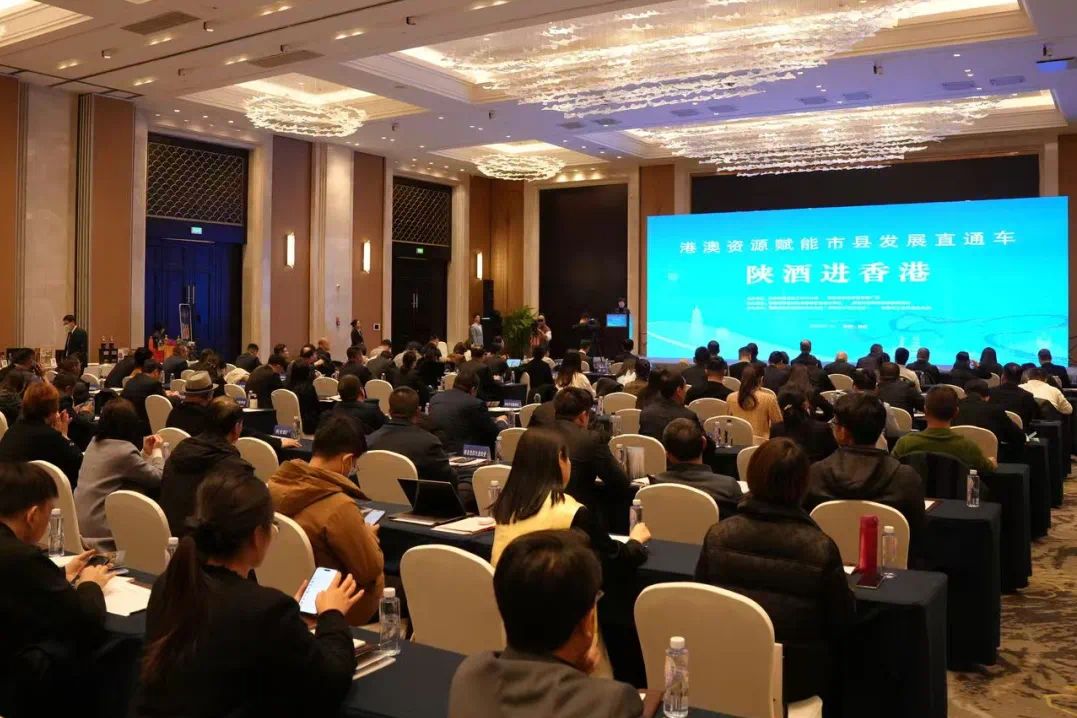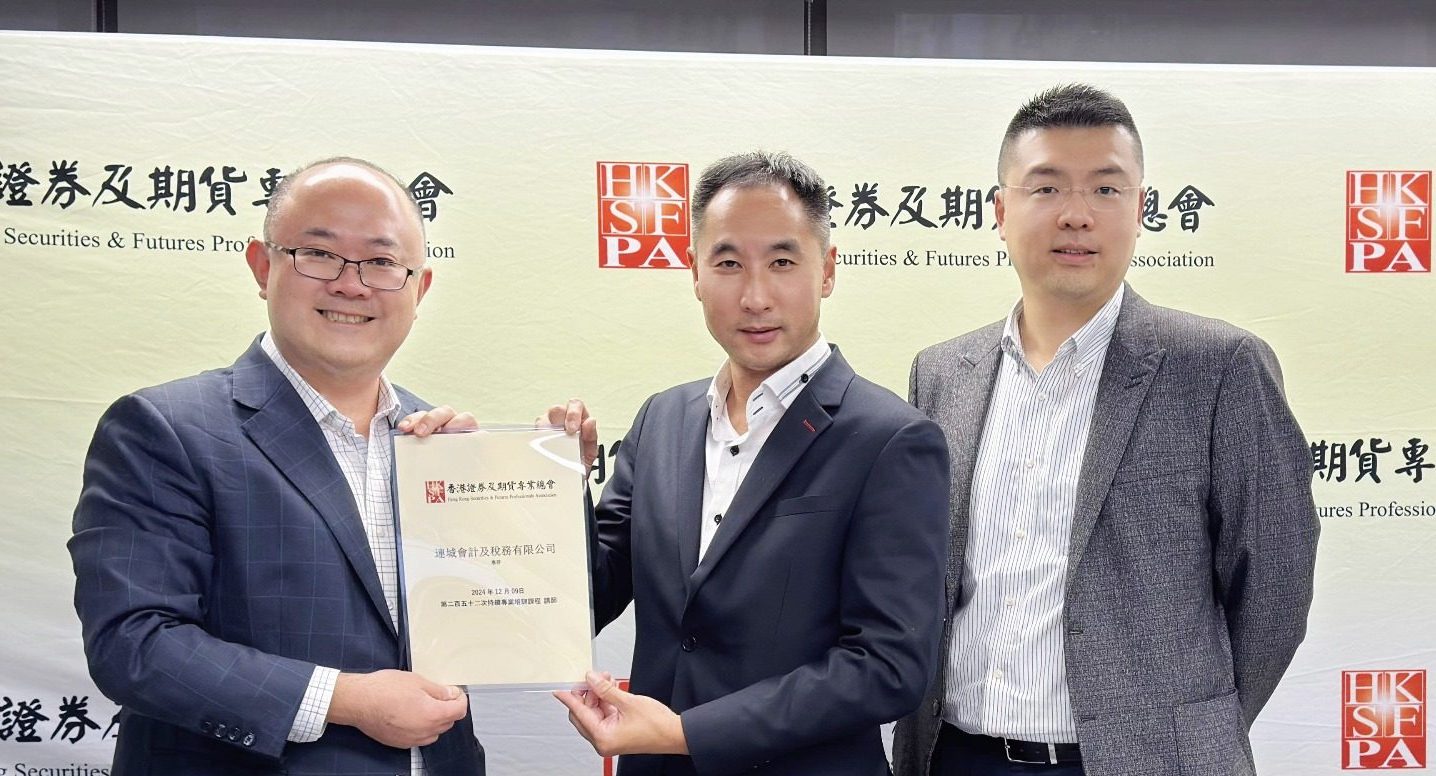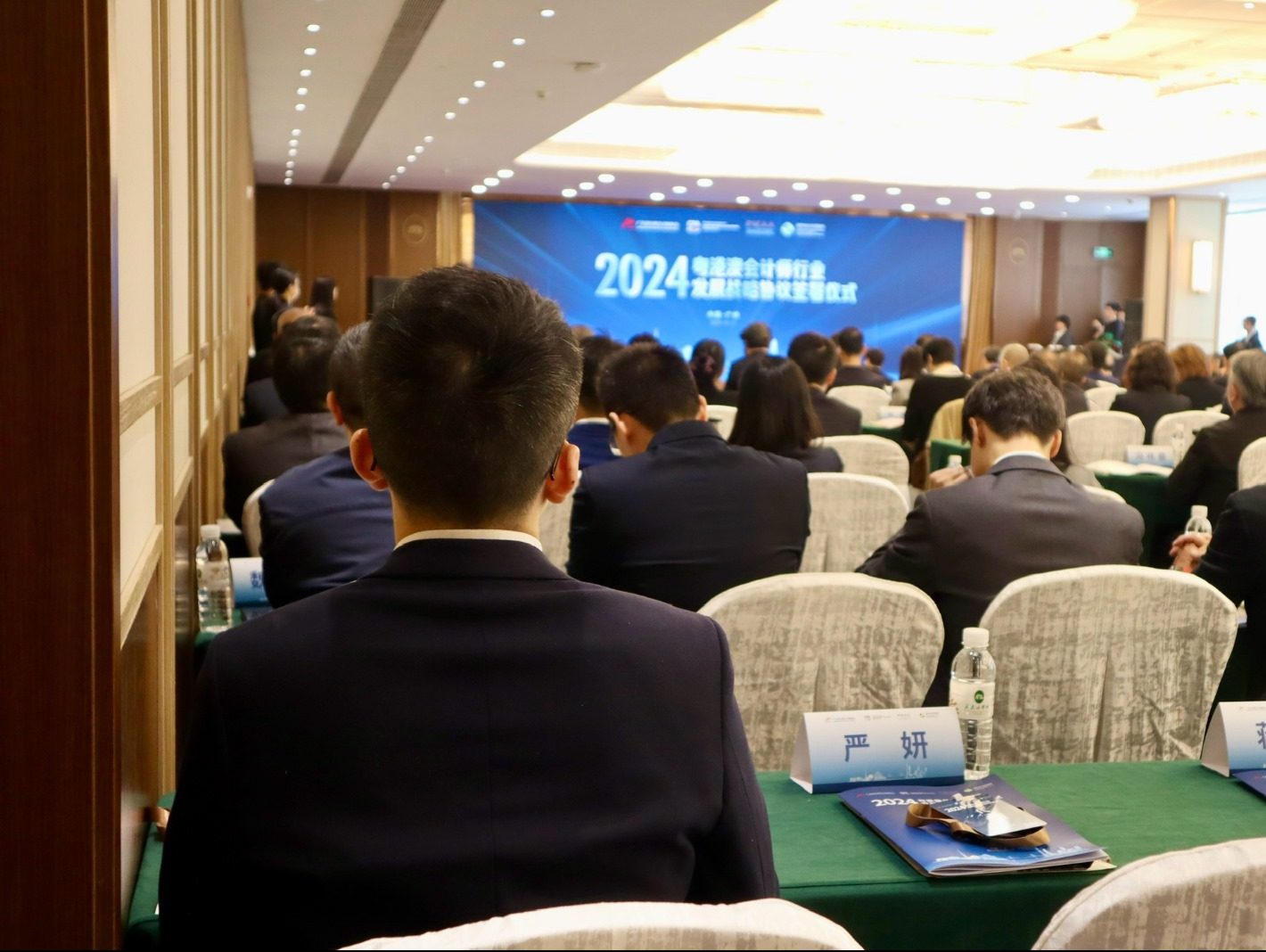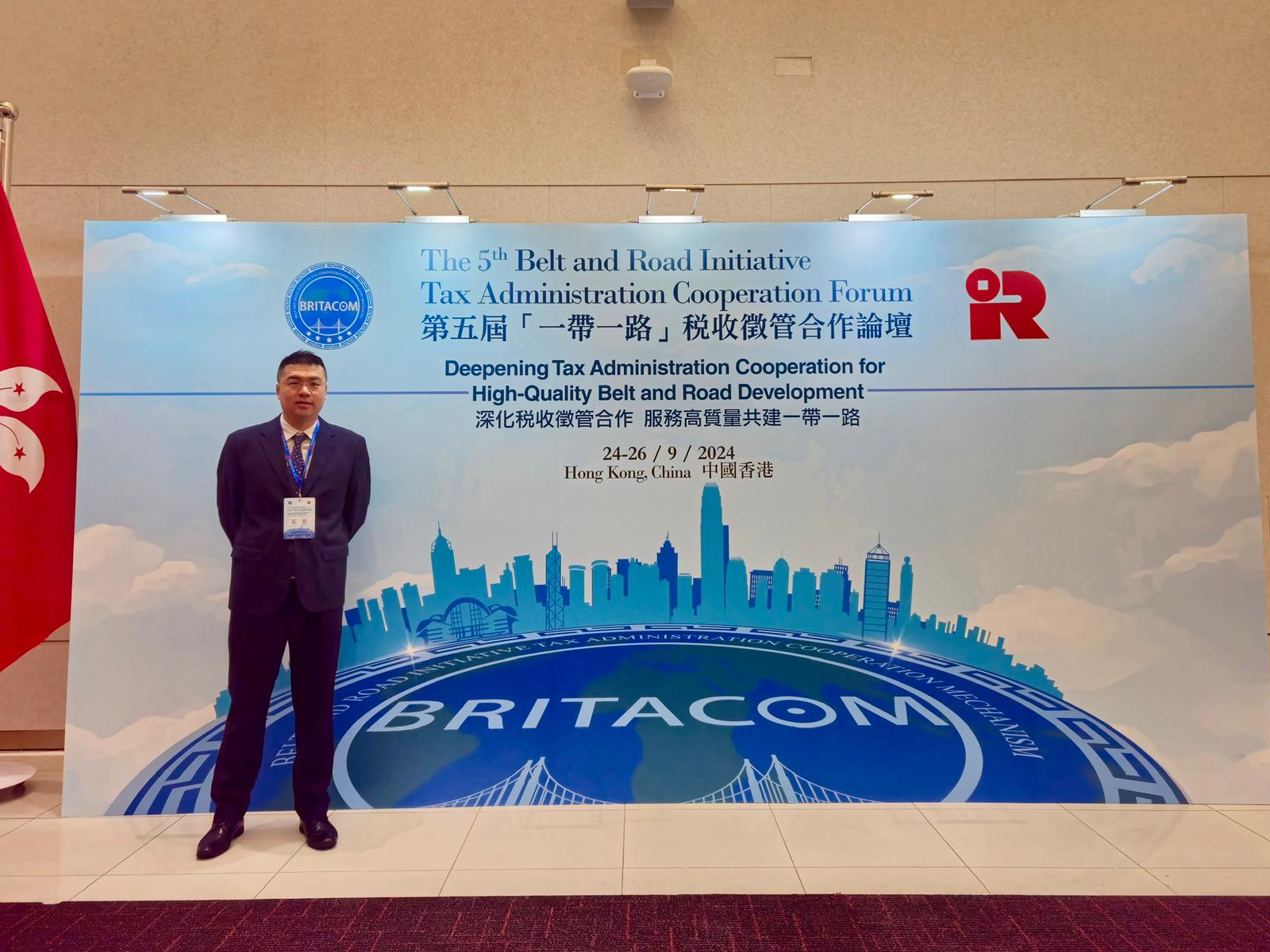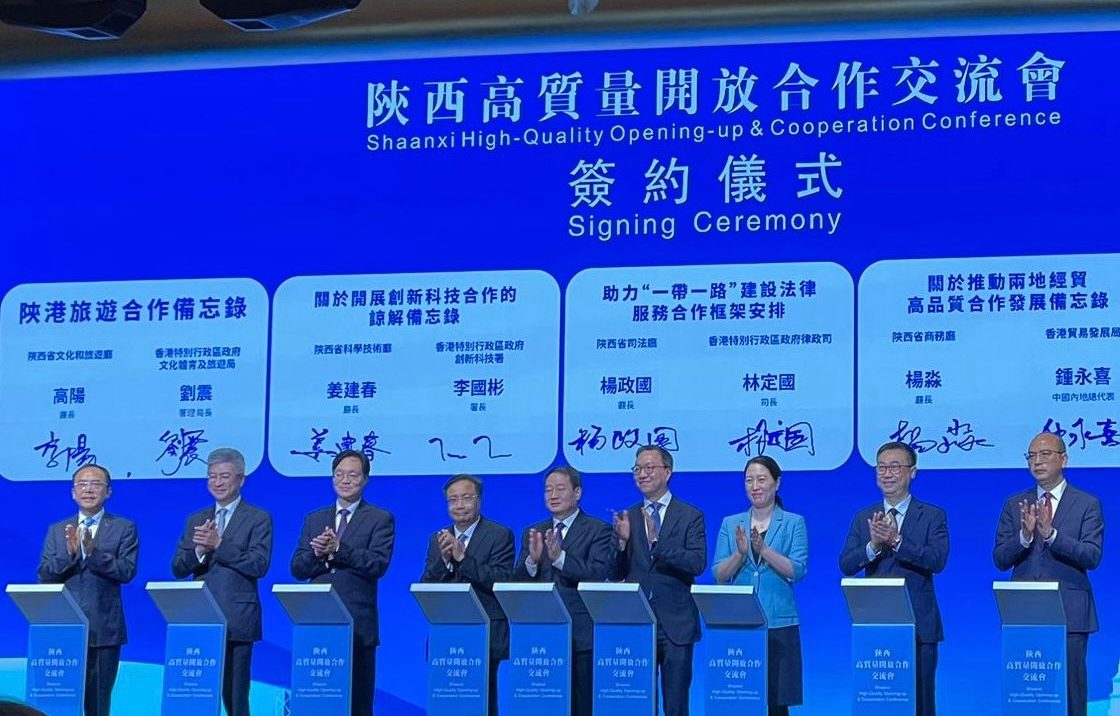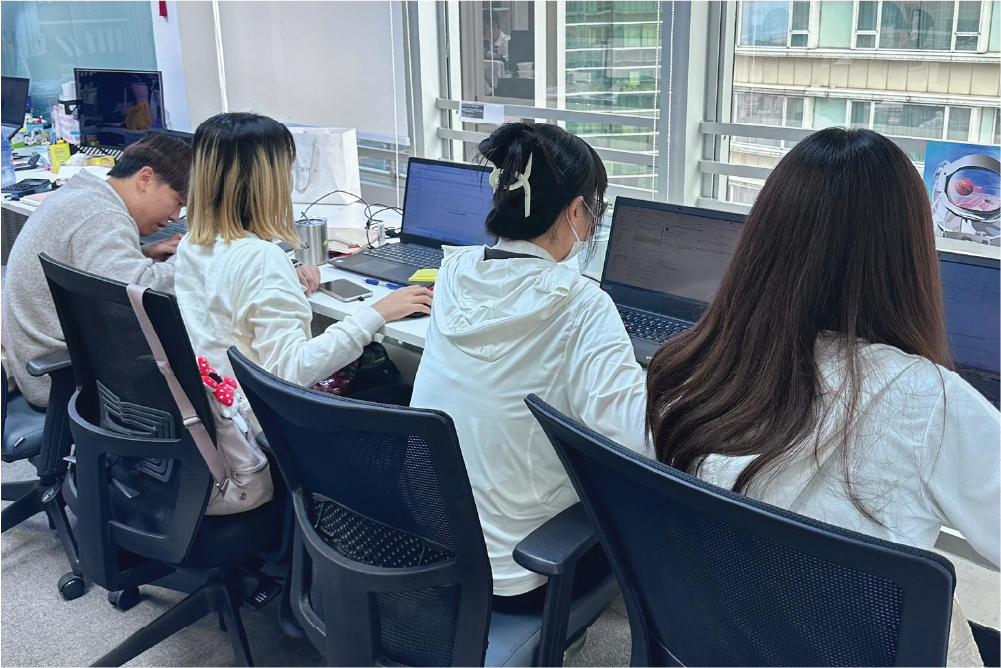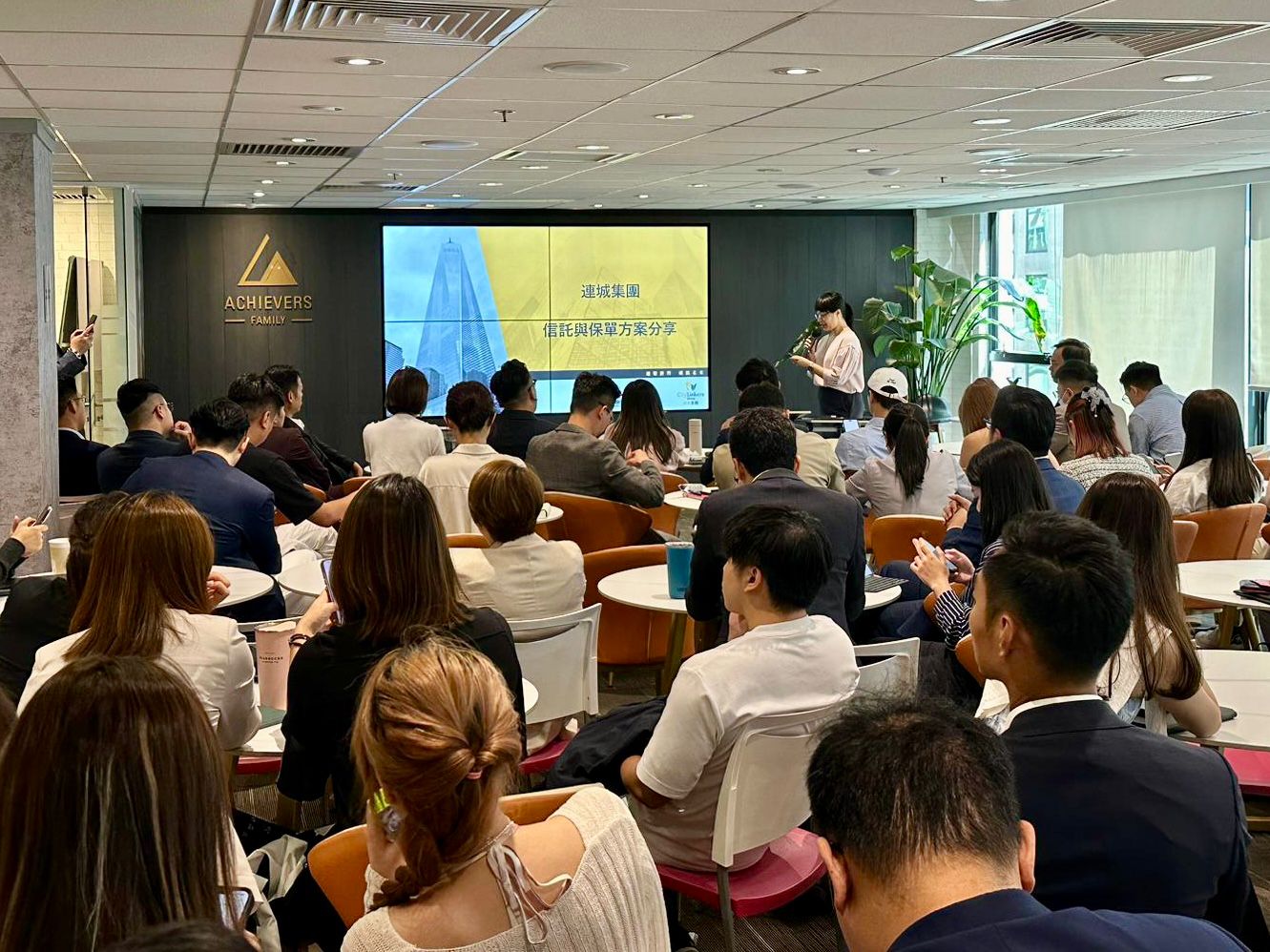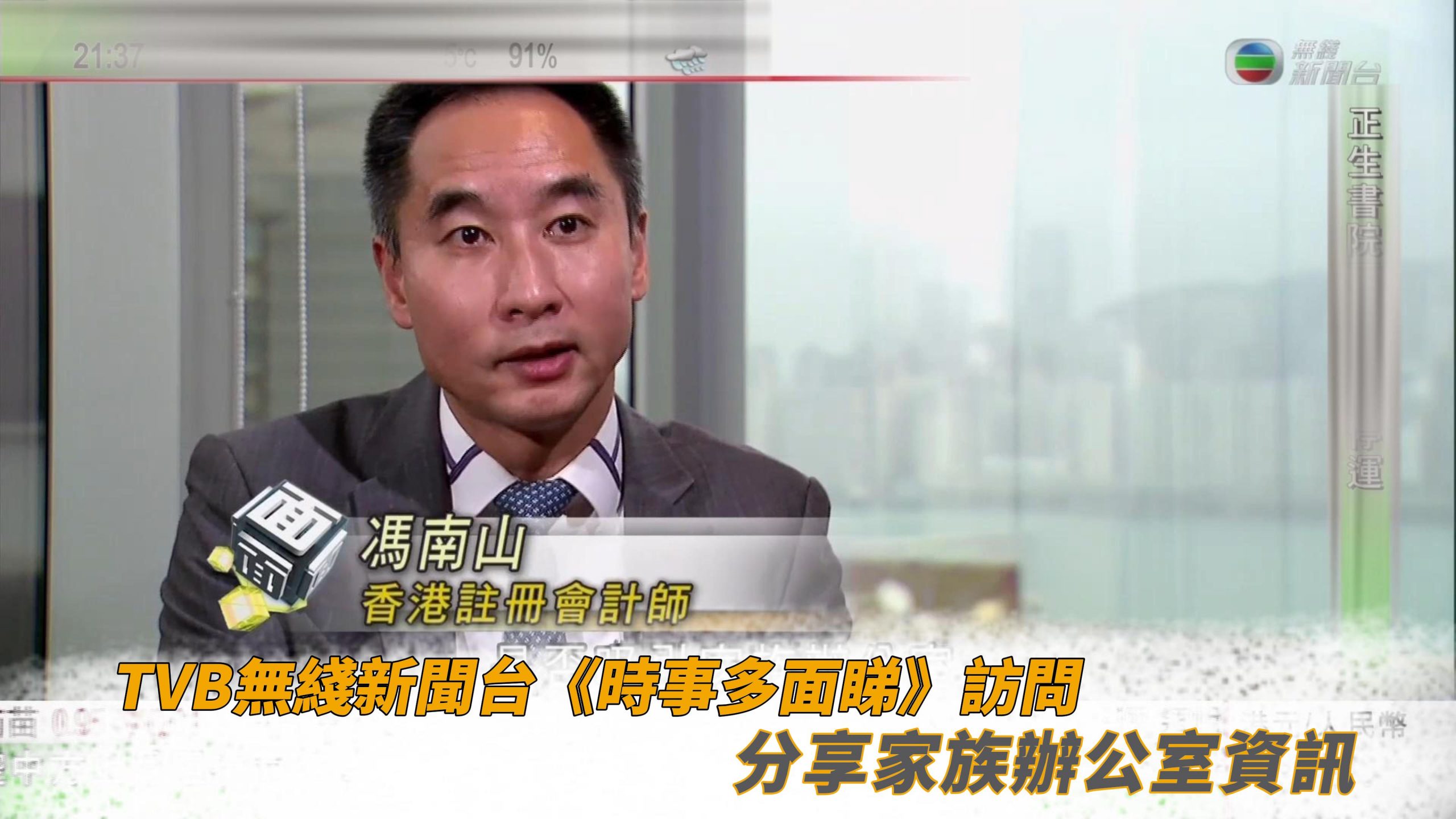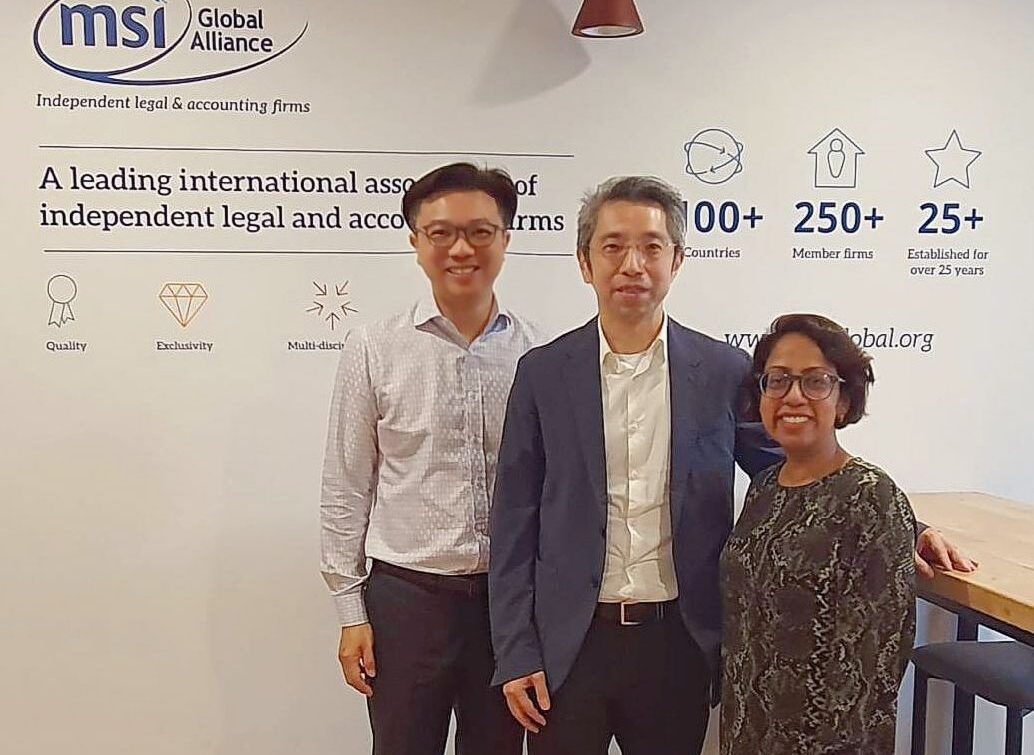
Hong Kong’s Key Position in APEC
While the Xi-Biden meeting stole the show at APEC 2023 in San Francisco, there were important and pragmatic details discussed and highlighted by the leaders of Asia Pacific’s major economies.
Financial Secretary Paul Chan Mo-po, who attended the APEC meetings as Hong Kong’s representative, and emphasized Hong Kong, as an APEC member, stands to gain a better position in the evolving global landscape, giving full play to the city’s unique advantages.
“We firmly believe that Hong Kong, as a free, open and small economy, is well-positioned to establish clearer strategies and chart its own path for development under the ‘one country, two systems’ principle’,” he further stated.
The city’s unique position is further backed by the Central Government, as both Hong Kong and Macau integrate into the nation’s overall development plan; Hong Kong therefore can play out its indispensable role as the regional financial hub.
Chan met President Xi at the APEC meetings and briefed the leader on Hong Kong’s active efforts in attracting strategic enterprises and talents. On attracting strategic enterprises, Chan mentioned four areas the government is focusing – namely artificial intelligence and big data analytics; biotech, biomedicine and health science; financial technology; and new materials, new energy and advanced manufacturing.
The meetings provided an opportunity to gain wider understanding of the markets surrounding the Pacific. “Through active participation in these conferences and exchanges, we have strengthened our comprehensive understanding of international political and economic landscapes, while keeping abreast of the latest developments,” Chan said.
There is also wide recognition that, alongside the expansion of the economic pie, it’s crucial to ensure a fair and equitable distribution of the economic rewards. This inclusive approach has the potential to enable the people to share the benefits of economic progress, which has picked up, but remains fragile especially as interest rates and inflation remain high, and when many governments have incurred large debts from COVID19.
“The global economy is poised to witness slower growth in 2024, compared to the current year, accompanied by increased risks on the downside. The medium- to long-term outlook remains weak, with several countries potentially requiring a span of two to three years to reclaim the growth trajectory witnessed prior to the pandemic,” the Financial Secretary explained.

